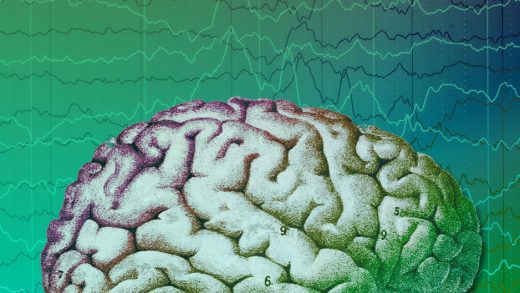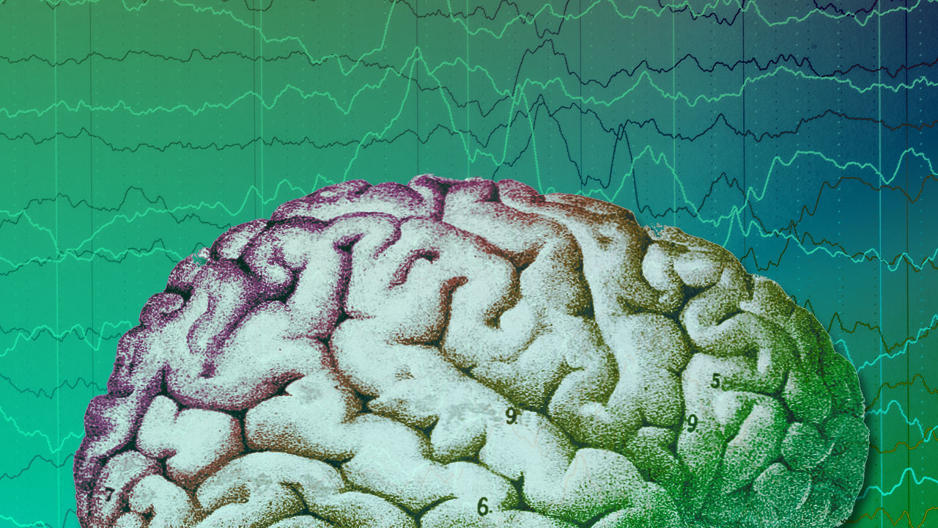How To Use Brain Science To Be Your Best Self In 2017
Resolutions are often an exercise in wishful thinking. People rarely keep them, mostly because they’re vague about their goals and don’t have a plan for following through. But that isn’t the only thing that may weaken resolve or slow progress toward a goal. Failing to understand some practical brain science can just as quickly do you in.
Neuroscience has shown us this year that we may actually have everything we need to stay focused, be more creative, remember more, and make better decisions—just as long as we can work a bit more with our brains, not against them. Here are a few things we learned that can take you closer toward being your best self in 2017.
How To Learn More
Authors Judah Pollack and Olivia Fox Cabane used a gardening metaphor to explain how certain brain cells act like a landscaping crew, pruning, weeding, and nurturing synapses so they function better. They lay waste to unused synaptic connections to make room for more learning. So, the authors remind us, it’s important choose your thoughts wisely: the more you think about something, the more you’ll reinforce certain connections, lessening the likelihood that they’ll be pruned.
“If you’re in a fight with someone at work and devote your time to thinking about how to get even with them, and not about that big project, you’re going to wind up a synaptic superstar at revenge plots but a poor innovator.”
Read More:Your Brain Has A Delete Button—Here’s How To Use It
How To Sleep Better
All of that gardening happens surreptitiously while we snooze. Sleep, therefore, is one of the main keys to learning. The problem is that we’re likely not getting enough of it. A small but noteworthy recent study showed that getting six hours of sleep can be as bad as staying up all night.
Experts recommend making room for healthy habits at bedtime, such as making sure it’s at the same time each night, keeping the room cool, limiting alcohol before bed, and putting away your devices at least 30 minutes before turning in. Oh, and try to drop excess weight. Obesity has been linked to sleep apnea.
Read More: Why Six Hours Of Sleep Is As Bad As None At All
How To Trust Your Gut
Recent studies suggest that trusting your instincts in combination with careful consideration of facts can improve your decision-making. Gut instincts can be really valuable, as long as you keep them in balance.
To better tap into your gut’s decision-making power, Hana Ayoub, a professional development coach, emphasizes the importance of buying yourself some time to reflect.
“Start telling people: ‘I need to sleep on this, I’ll get back to you tomorrow.’ Start building that response into your conversations, especially with the people you work with most,” she advises. They’ll often respect that. “It’s telling people that’s how you work.”
Read More: The Hidden Power In Trusting Your Gut Instincts
How To Learn Faster
Sometimes the simplest shift can make the most profound difference. So it is with learning. Mastering something that requires motor skills, for example, is easiest when we change up the way we’re moving through the exercise, rather than just repeating it exactly the same way over and over.
Ditto for shifting perspectives. Try “teaching” the thing you want to learn to another person. The act of explaining it to someone else can actually solidify those concepts for you.
Read More: Six Brain Hacks To Learn Anything Faster
How To Focus Better
You already know that learning and remembering takes focus. The problem is that your brain likes to wander. One key to better concentration is to quit multitasking. And while you’re at it, take the information you’re being fed and learn to distill and summarize it. It’s one thing to embrace “monotasking” and another to use the mental energy you save to sharpen those analytical skills in the process.
Read More: Surprisingly Simple Ways You Can Trick Your Brain Into Focusing
How To Move From Autopilot To Action
A new calendar year comes with the fresh promise of moving beyond past pitfalls toward success. But January 1 is hardly the only day that can spur you on to action. Our brain likes so-called “pivot points,” like the first of the month or any old Monday, as evidenced by the regular surge of Google searches for “quit smoking” or “diet” on those days. Researchers speculate that it’s because such days force us out of our routines to think of the bigger picture.
To tap this power any day of the week, Bob Nease, former chief scientist of Express Scripts, says to “pull back from the day-to-day flow altogether, as opposed to just marking its peaks and valleys (sorry, Hump Day), in order to become more aware of the choices we can make, big and small—and then actually make them.”
Read More: Your Brain Is On Autopilot More Than You Think, Here’s How To Wake It Up
How To Be More Creative
You’ve no doubt heard that eureka moments often come when we’re lathering up in the shower—72% of people claim that’s happened to them. However, science also shows that creative breakthroughs can happen just by daydreaming or spending time alone (or both). Solitude seems to be useful, but the circumstances that encourage creative thought during those periods may be more flexible than we think.
Read More: 7 Surprising Facts About Creativity According To Science
Fast Company , Read Full Story
(22)



